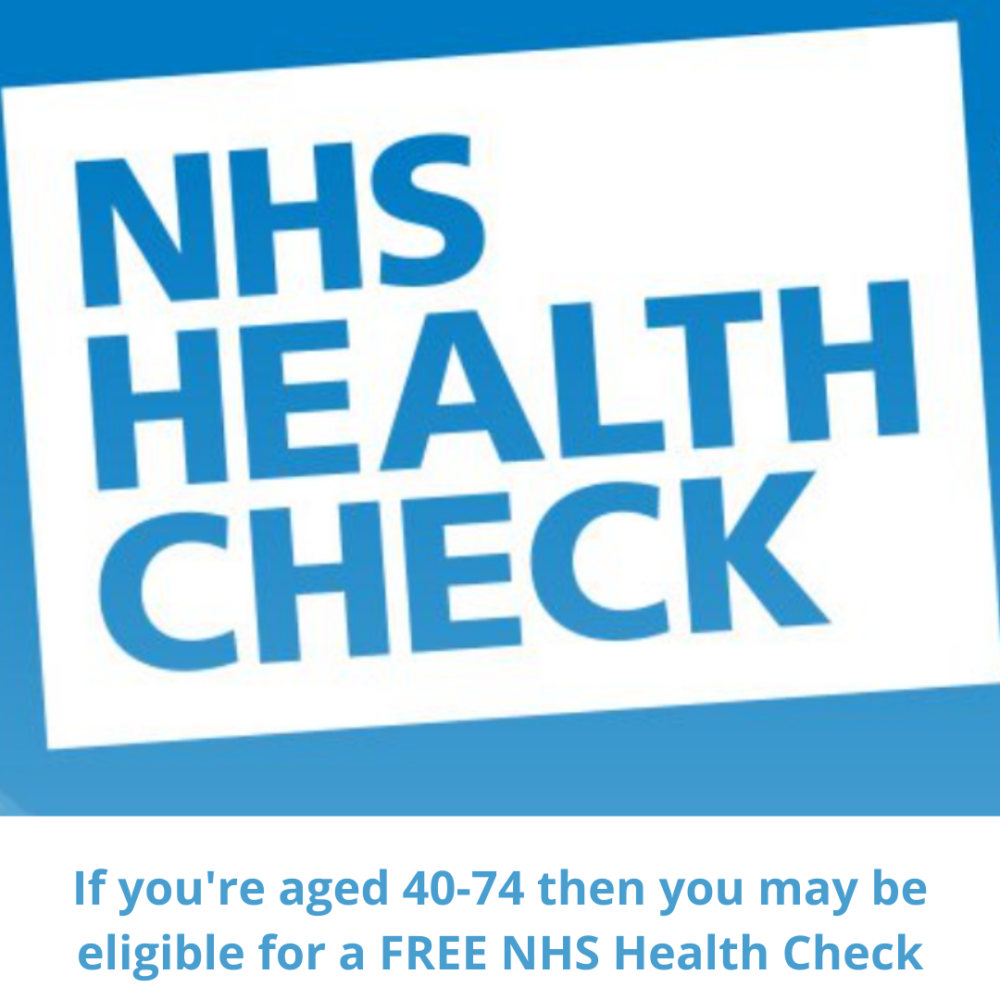Answers to questions raised at the talk by Dr Ellen Fallows.
Views are her own and can’t replace specific advice tailored to your health. Please don’t change any of your medications before coming to talk to us in an appointment!
Are All NHS Staff going to use the same song sheet?
Good question! As science moves on and continues to keep testing our current theories and treatments, it is likely that although there will be some areas of consensus, there will always be some areas of conflict and confusion about human health. This does make it difficult for us to know what the best thing is to do at any one time. The job of your GP is to try to make the best job of what is currently known and match that up to what your particular needs and preferences are. (the best bit of my job!)
When it comes to dietary advice, there is a lot of confusing advice alongside some conflicts of interest, for example in the food industry. However, there are areas of consensus over for example reducing calorie intake over-all, increasing vegetable intake (above ground vegetables) and reducing carbohydrate intake.
I have been told that you should avoid grapes and melon especially water-melon – is this correct?
When basing a diet on lower carbohydrate foods there are some fruits that are better than others. Berries, for example are lower in carbohydrates where-as bananas and grapes are much higher in carbohydrates. If you are trying to cut back on carbohydrates in order to lower blood sugar then you may wish to avoid these. However, there are also other nutrients such as fibre and antioxidants in fruit so these are always better than a chocolate bar or fizzy drink.
The best resource for in depth answers to which foods are high carb can be found on www.dietdoctor.com
Are normal blood sugar levels 5.5mM/l irrespective of meals?
Yes, if your insulin is working properly your blood sugar levels should always be around this level and certainly below 7mM/l. Diabetes occurs when the blood sugar is no longer kept within these limits. This can be because the insulin isn’t working properly (insulin resistance) , there isn’t enough of it or you’re getting too much sugar in your diet.
Why is there such disparity in blood sugar readings when my husband and I have practically the same food?
Fantastic question and GOOD point!
Firstly, you and your husband will have different insulin sensitivity. So, if you both have a slice of toast and jam (rather than the recommended full-fat yoghurt and berries!), he may produce the same amount of insulin as you but it might be working more effectively to bring down his blood sugar. Insulin’s ability to work is dependent on how many cells it has to work on e.g. how many muscle cells (are you musclier than your husband?). Insulin’s ability to work is also dependent on how stressed you are (your levels of adrenaline and cortisol hormones), the amount of sleep you’ve had and whether you are fighting an infection for example.
Secondly, you and your husband will produce different amounts of insulin again depending on your stress hormones, sleep, weight, age etc.
To confuse the whole thing, just recently we have also discovered that the healthy bacteria in our gut also affect how quickly we respond to insulin and how quickly we break down food into sugar. The number and type of gut bacteria is unique to you. We know that people who have diabetes or who are over-weight tend to have higher levels of certain types of bacteria in their gut. You can read more about all this in a book called Clever Guts by Dr Michael Mosely.
Why when I eat very little sugar does my blood sugar go up?
Hopefully some of the presentation covered this.
Carbohydrates (bread, rice, potatoes, cereals, pasta) are broken down by digestive enzymes and bacteria into sugar (glucose). So even if you don’t eat the “white stuff” you can still get lots of it in your diet.
As a Type-2 Diabetes on insulin for 28 years, is there any chance of getting off insulin?
I would hope so. However, the latest evidence from the DiRECT trial for example has only seen this in patients who have had diabetes for a shorter time. Other smaller studies have shown that this may be possible in those with diabetes for longer.
With a very healthy diet, probably one very low in carbohydrates alongside exercise, good sleep and stress management I would hope that most people would be able to at least reduce their insulin requirements. However, come and talk to us before changing your insulin doses.
Can you ever stop taking metformin?
Of course. No one is forced to take medications if you really don’t want them. However, you need to find out all you can from us about the pros and cons of a tablet to make sure you are happy with your decision.
Metformin has been used for years and is thought to be very safe. It doesn’t cause weight gain unlike many of the other diabetes medications. It also has been shown to reduce the chances of heart attacks, strokes, kidney and eye damage in people with diabetes. More recently it may even reduce the chance of colon cancer.
However, if you have managed to bring your diabetes into remission with diet and lifestyle then you may wish to talk to us about coming off this medication. It might be worth discussing with us the data that suggests it helps to reduce the chance of diabetes coming back later on.
Are Diet Soda drinks ok?
Good question. Certainly, they don’t contain sugar and have no effect on your blood sugar.
However, there is some evidence that they have an effect on your taste buds and desire for sugary foods. There is also some evidence that the artificial sweeteners used could be harmful in the long-term. For example, specifically, there is evidence that artificial sweeteners disrupt our healthy gut bacteria which are essential in the break down of our food. Disordered gut bacteria levels are seen in diabetics and people who struggle to keep a healthy weight. If it was me, I’d avoid them. Water is good!
There were a few questions about specific medical cases, it is difficult to answer these without properly knowing all your details. Please bring these questions to your next appointment with your GP or nurse. Or come along to a Group Consultation and we can get down to details!





